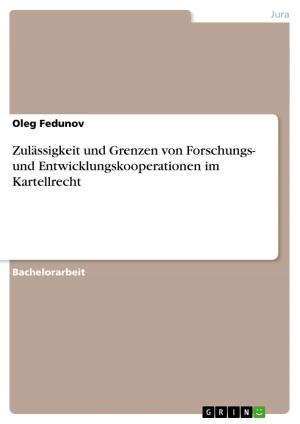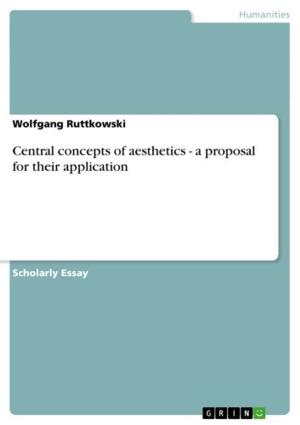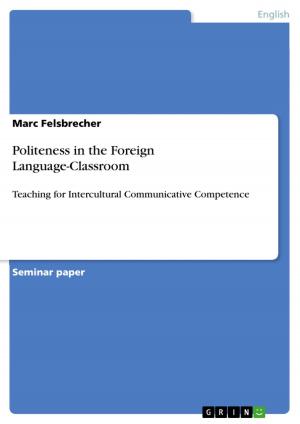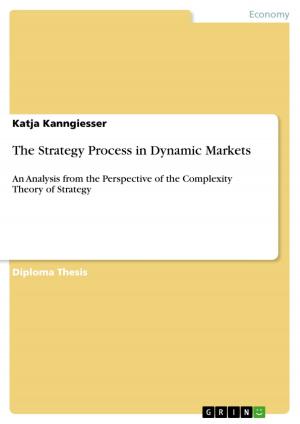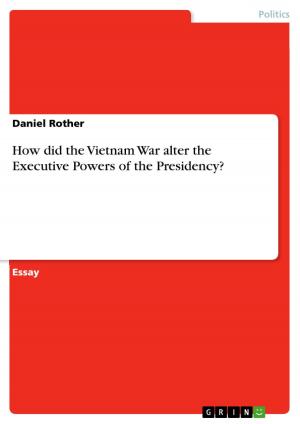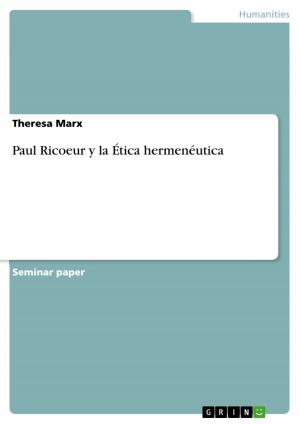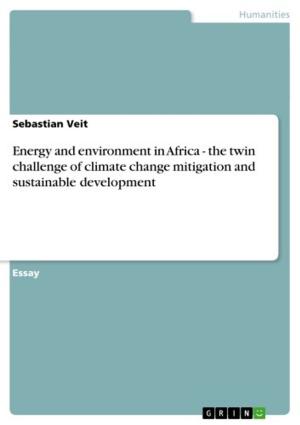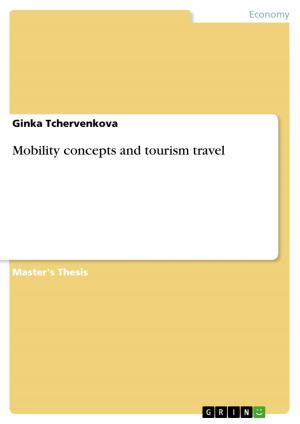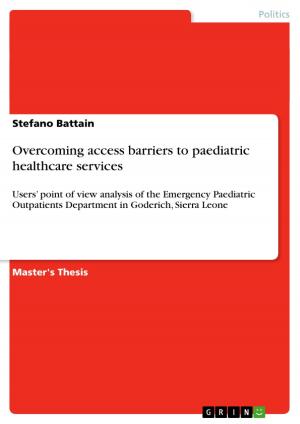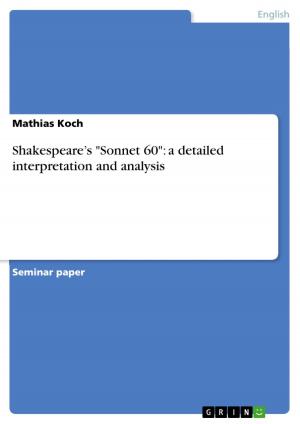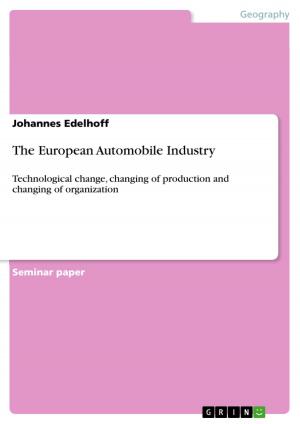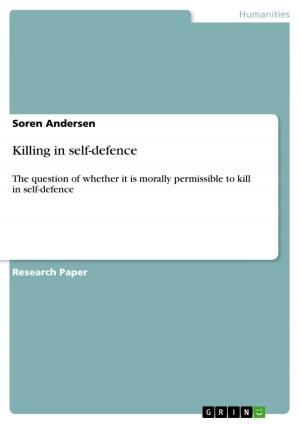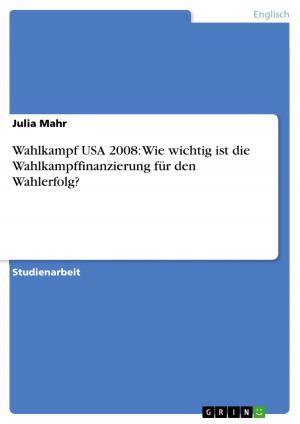Is War inherent in the international system?
Nonfiction, Social & Cultural Studies, Political Science, Politics, History & Theory| Author: | Johannes Lenhard | ISBN: | 9783640594818 |
| Publisher: | GRIN Publishing | Publication: | April 16, 2010 |
| Imprint: | GRIN Publishing | Language: | English |
| Author: | Johannes Lenhard |
| ISBN: | 9783640594818 |
| Publisher: | GRIN Publishing |
| Publication: | April 16, 2010 |
| Imprint: | GRIN Publishing |
| Language: | English |
Essay from the year 2010 in the subject Politics - Political Theory and the History of Ideas Journal, grade: 1.3, University of London (Department of Politics and International Relations), language: English, abstract: War or Peace? The answer to this question is very ambiguous in classical theory; arguments laid out by both liberalists and realists are consistent although the empirical evidence so far tends to support the realist notion of perpetual conflict. Especially taking into account terrorism, intervention and intrastate conflict, a pessimistic outlook seems unavoidable. So the overwhelming empirical arguments still win the case in favour of Realism, in my opinion. To come to this argument, the first paragraph is denoted to give definitions of the most important terms and a description of the international system. After this initial clarification, the liberal position of a possible peace defended by what can be called the 'interconnectedness' thesis in political, economic and institutional terms will be presented. This will then be confronted with the realist argumentation for a never-ending state of war. The last part of the paper will deal with intrastate wars, humanitarian intervention and terrorism as the 'new threat to eternal peace' leading to a pessimistic conclusion.
Essay from the year 2010 in the subject Politics - Political Theory and the History of Ideas Journal, grade: 1.3, University of London (Department of Politics and International Relations), language: English, abstract: War or Peace? The answer to this question is very ambiguous in classical theory; arguments laid out by both liberalists and realists are consistent although the empirical evidence so far tends to support the realist notion of perpetual conflict. Especially taking into account terrorism, intervention and intrastate conflict, a pessimistic outlook seems unavoidable. So the overwhelming empirical arguments still win the case in favour of Realism, in my opinion. To come to this argument, the first paragraph is denoted to give definitions of the most important terms and a description of the international system. After this initial clarification, the liberal position of a possible peace defended by what can be called the 'interconnectedness' thesis in political, economic and institutional terms will be presented. This will then be confronted with the realist argumentation for a never-ending state of war. The last part of the paper will deal with intrastate wars, humanitarian intervention and terrorism as the 'new threat to eternal peace' leading to a pessimistic conclusion.


